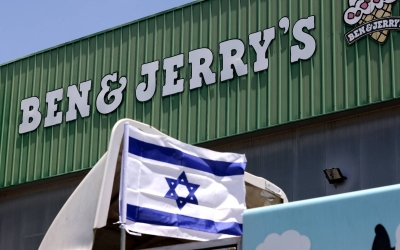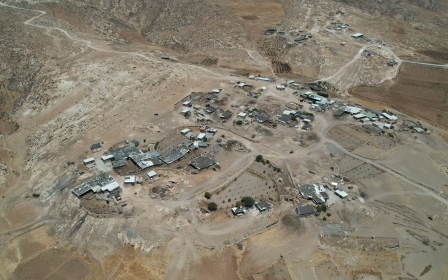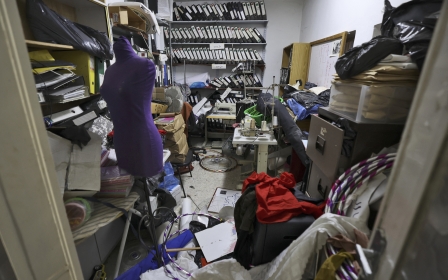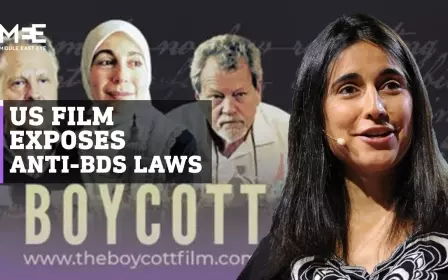Ben & Jerry’s loses court attempt to block sales in illegal Israel settlements
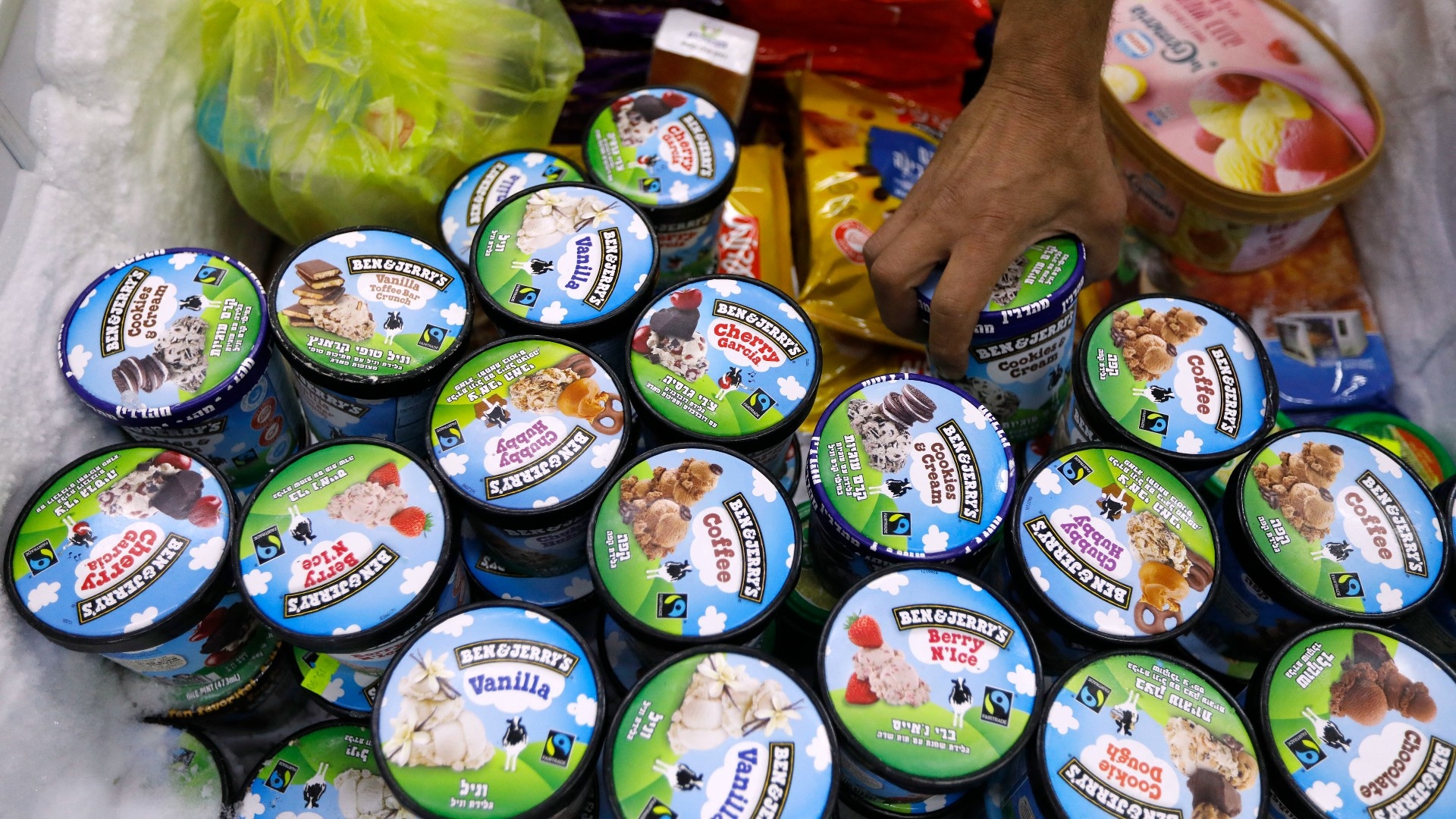
Ben & Jerry’s has lost an attempt to block parent company Unilever from selling its ice cream in illegal Israeli settlements.
Last month, the Vermont-based brand filed a lawsuit in the US District Court of Manhattan against Unilever, shortly after the consumer goods giant sold Ben & Jerry's business interests in Israel to a local licence-holder.
The sale meant that its ice cream would continue to be sold in illegal settlements, effectively reversing a decision last year to end sales in the occupied Palestinian territories.
The ice cream company claimed the sale of its assets to an Israeli firm run by licensee Avi Zinger would damage its image of supporting social justice.
However, a US federal judge ruled on Monday that Ben & Jerry’s “failed to demonstrate” how the selling of ice cream in illegal settlements would cause it “irreparable harm”.
New MEE newsletter: Jerusalem Dispatch
Sign up to get the latest insights and analysis on Israel-Palestine, alongside Turkey Unpacked and other MEE newsletters
US district court judge Andrew Carter said that it was “too speculative” to suggest the company’s messaging could be marred or customers could become confused about its core values.
Ben & Jerry's has long sought to portray itself as a supporter of liberal causes, issuing statements supporting the Black Lives Matter movement and other progressive campaigns on social media.
In July last year, the brand said its commercial operations in illegally occupied territory were “inconsistent” with its values and that it would not be renewing its licence agreement.
But following a lawsuit against Ben & Jerry’s brought by Louis D Brandeis Center for Human Rights Under Law on behalf of Zinger, a new arrangement was struck between the Israeli licensee and Unilever.
Under the new deal, Zinger’s American Quality Products will sell the ice cream with Hebrew and Arabic labelling.
Ben & Jerry’s claimed in the lawsuit that Unilever made the decision to sell its branding in Israel “without the consent of Ben & Jerry’s independent board”, going against a merger agreement which allows the board to protect the founders' reputation and values.
Neither Ben & Jerry’s or Unilever immediately commented on the court ruling on Monday.
Middle East Eye delivers independent and unrivalled coverage and analysis of the Middle East, North Africa and beyond. To learn more about republishing this content and the associated fees, please fill out this form. More about MEE can be found here.


